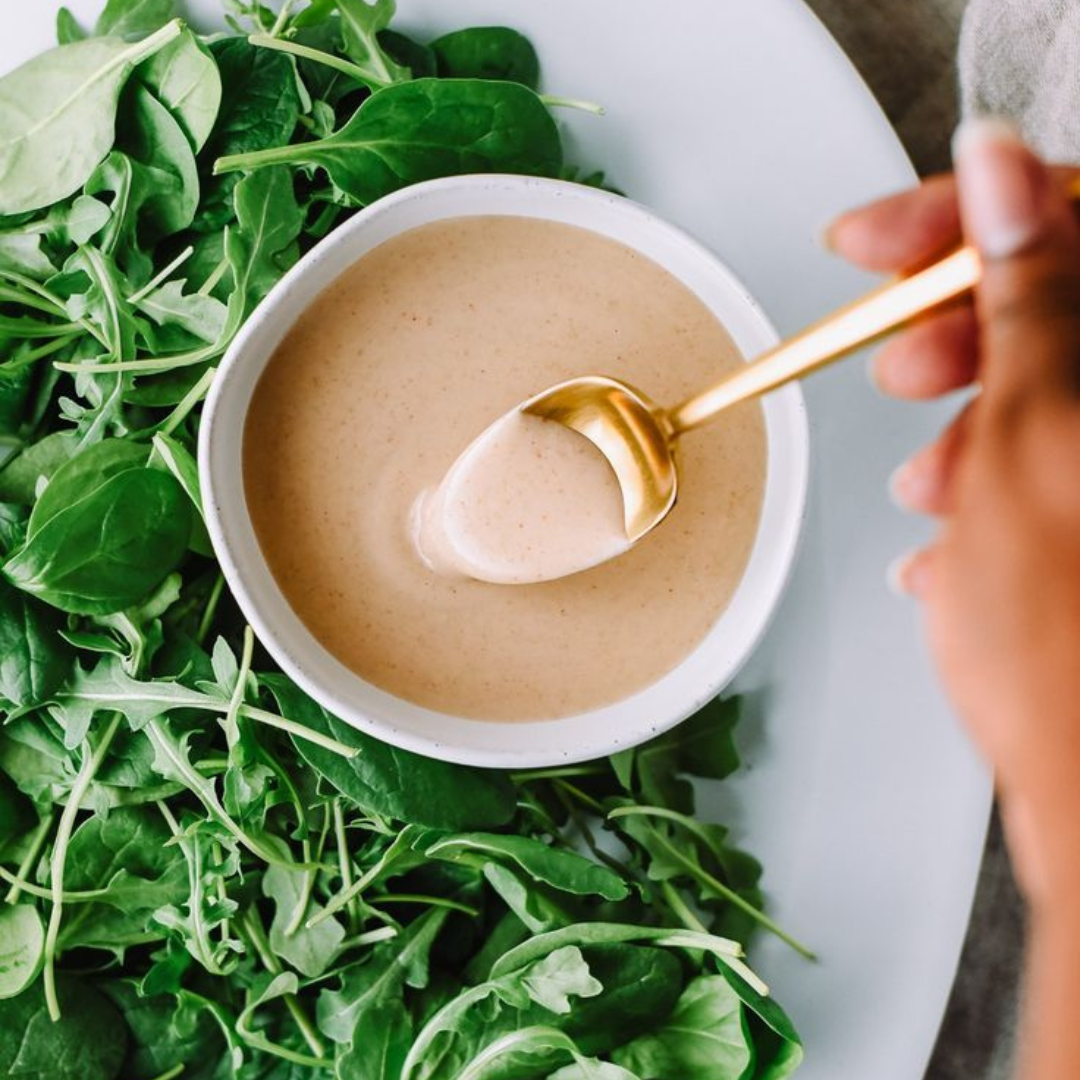
Digestive issues: Your Healthy fix's Perspective
What are digestive issues?
Digestive issues happen when your body has trouble breaking down food. During digestion, food turns into useful nutrients and anything your body can't use gets eliminated. When there are digestive problems, this process doesn't work well. As a result, food isn't digested properly and nutrients aren't absorbed right.
This often leads to stomach and gut issues.
Your stomach, bile and pancreas all play important roles in digestion. The stomach makes acid to break down food, the gallbladder adds bile for digesting fats and the pancreas releases enzymes to break down proteins, carbs and fats. If there are issues with any of these, it can cause digestive problems.
The quality of your gut bacteria, also known as gut flora, is crucial for good digestion. These bacteria help digest things that enzymes can't, like fiber. The more healthy gut bacteria you have, the better your digestion. Eating a healthy diet improves the quality and quantity of good gut bacteria, while unhealthy diets with lots of fats and sugars increase harmful bacteria, leading to poorer digestion.
Digestive problems can show up in different ways, either as ongoing issues or one-time occurrences. Examples include feeling bloated after meals, experiencing heartburn, dealing with constipation or having bouts of diarrhea.
What symptoms can you experience?
The symptoms that occur with digestive problems are:
- Bloating in the abdomen fairly immediately after a meal
- Feeling full after a meal as if the food does not want to go any further
- Flatulence
- Heartburn
- Stinky stools with undigested food and lots of gas
- An explosive bowel movement
- Sometimes frothy or slimy stools
- Bulging bulging abdomen with indistinct abdominal symptoms
- Pain in the abdomen usually around the navel
- Inability to tolerate certain foods well, such as coffee, alcohol, fat, histamine-rich foods and grains

What could be the cause of your digestive problems?
Various factors contribute to digestive problems, including:
- Chronic Stress:
Stress triggers the release of adrenaline and cortisol, activating the immune system and slowing down less crucial functions like digestion.
- Excessive Sugar Consumption:
Bad gut bacteria thrive on refined sugars and consuming too much sugar can increase the number of harmful bacteria at the expense of good gut bacteria, impacting digestive function.
- Low Stomach Acid:
Inadequate stomach acid production or the use of antacids can hinder the body's ability to digest food effectively.
- Pancreatic Function Decline:
The pancreas, responsible for digesting proteins, fats and carbohydrates, can experience a gradual decline in function, negatively affecting digestion.
Other contributing factors may include:
- Antibiotic Use
- Parasitic Load
- Food Hypersensitivities
- Unhealthy Diet
- Improper Chewing
- Overeating
- High Fat Intake
- Gluten Intolerance
- Food Allergies
- Obesity
- Crohn's Disease
- Small Intestinal Bacterial Overgrowth (SIBO)
- Colorectal Inflammation (Ulcerative Colitis)
- Insufficient Good Bacteria
- Bacterial Infection in the Small Intestine
- Bacterial Fermentation in the Colon
- Gallbladder or Liver Disease
- Infection with the Parasite Giardia lamblia
- Exercising Immediately After a Meal
- Understanding and addressing these factors can be crucial in managing and preventing digestive issues.
Our advice to heal yourself from digestive issues:
- Chew your food properly:
- Eat high-fiber foods:
- Eat ginger, turmeric & lemongrass regularly:
- Eat less sugar:
- Add probiotics to your diet:
- Take 10 drops of HAPPY LIVER:

Additional Tips for Digestive Harmony:
- Don't eat too large portions
- Maintain a healthy weight
- Try to avoid stress as much as possible
- Drink plenty of water
- Exercise moderately intense for at least half an hour a day
By incorporating these practices into your routine, you're taking positive steps towards a happier, HEALTHIER digestive system.
Your journey to well-being starts with Your Healthy Fix!




